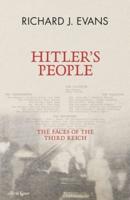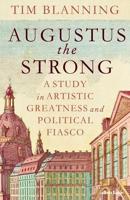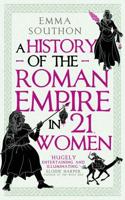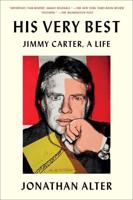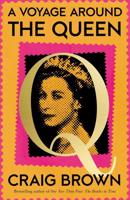Publisher's Synopsis
This remarkable collection of oral histories from six Palestinian women, three mothers and three of their daughters, affords an unparalleled view into the daily lives of women who have lived, and continue to live, through a turbulent and rapidly changing era. In recording these stories, Michael Gorkin and Rafiqa Othman have preserved each woman's distinctive voice, capturing in vivid and moving detail a broad range of experienceeverything from recollections of native villages to an account of incarceration as a political prisoner. Highly personal events such as courting, marriage, and childbirth are interwoven with memories of upheavals such as the wars of 1948 and 1967. The women speak with surprising candor about conflicts between mothers and daughters, husbands and wives, men and women, Arabs and Jews. These beautifully written narratives bear witness to the power of Palestinian culture in sustaining the often difficult lives of women. The book also provides brilliant testimony to the experience of living in the midst of the Arab-Israeli conflict.
Michael Gorkin, a Jewish-American psychologist who lives in Israel, and Rafiqa Othman, a Palestinian special education teacher, have collected the narratives from different cultural and geographic locations within the boundaries of historical Palestineincluding East Jerusalem, a refugee camp on the West Bank, and an Arab village within Israel. With surprising intimacy, the mothers and daughters discuss their views about sex, marriage, and child-rearing; ideas about themselves and their relationship to God, their families, and their homeland; and questions of shame, devotion, freedom, and honor.
In the preface, introduction and epilogue, Gorkin and Othman frame the stories and describe the project. The linked stories of mothers and daughters attest to the profound changes that have occurred in the lives of Palestinian women during this centuryin the areas of education, work, political involvement and personal freedom. In addition to delineating this astonishing historical and cultural transformation, the stories create lasting images of the people these women have loved and hated, the pleasures they have enjoyed, the dangers they have survived, and the hopes they continue to cherish.
Michael Gorkin, a Jewish-American psychologist who lives in Israel, and Rafiqa Othman, a Palestinian special education teacher, have collected the narratives from different cultural and geographic locations within the boundaries of historical Palestineincluding East Jerusalem, a refugee camp on the West Bank, and an Arab village within Israel. With surprising intimacy, the mothers and daughters discuss their views about sex, marriage, and child-rearing; ideas about themselves and their relationship to God, their families, and their homeland; and questions of shame, devotion, freedom, and honor.
In the preface, introduction and epilogue, Gorkin and Othman frame the stories and describe the project. The linked stories of mothers and daughters attest to the profound changes that have occurred in the lives of Palestinian women during this centuryin the areas of education, work, political involvement and personal freedom. In addition to delineating this astonishing historical and cultural transformation, the stories create lasting images of the people these women have loved and hated, the pleasures they have enjoyed, the dangers they have survived, and the hopes they continue to cherish.



